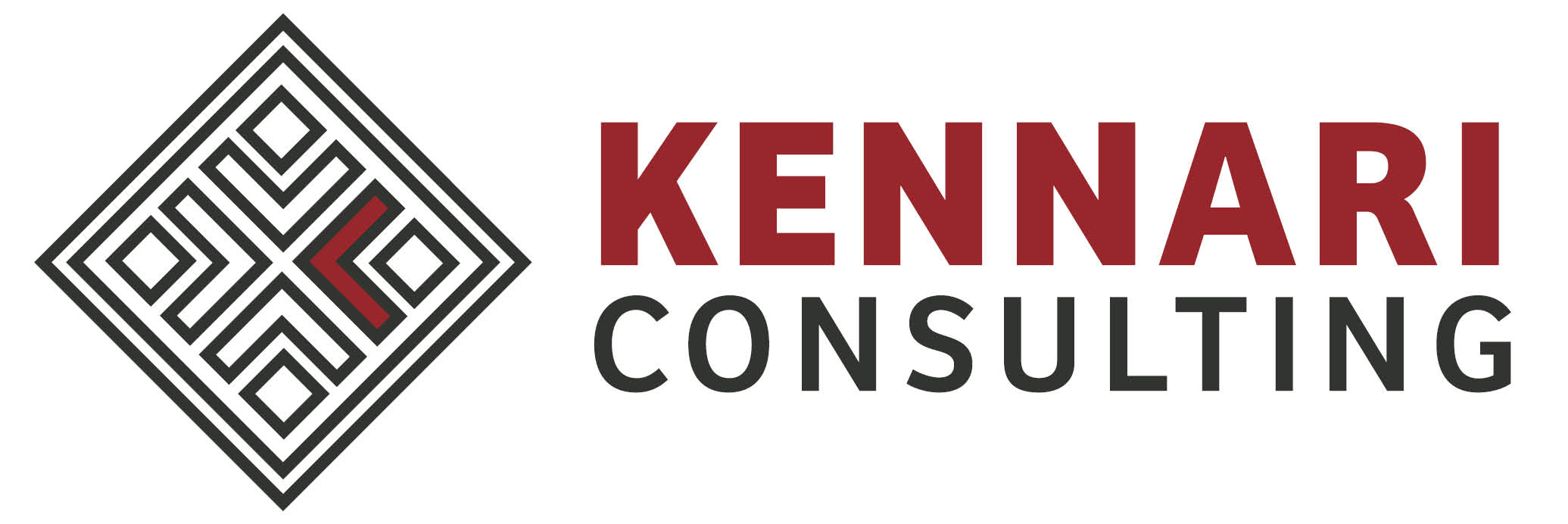Kalamazoo Public Library’s OnePlace programing recently livestreamed “A Better Normal: Reimagining Nonprofit and Philanthropy with Vu Le,” where more than 300 people gathered virtually to challenge ineffective philosophies and practices in the non-profit and philanthropic world that hinder our ability to create the level of change we strive for.
Vu Le (“voo lay”) writes the blog Nonprofit AF. He is the former executive director of RVC, a nonprofit in Seattle that promotes social justice by supporting leaders of color, strengthening organizations led by communities of color, and fostering collaboration between diverse communities. Vu is a founding board member of Community-Centric Fundraising. He has degrees in Psychology and Social Work.
In this webinar, Vu invites us to take a closer look at nonprofit’s relationship with philanthropy, particularly examining the power dynamics and competition that has become commonplace in the nonprofit world. Vu suggests that we look at our relationship with funders as a partnership, rather than a power-imbalanced relationship. For example, Vu emphasizes that while everyone loves to hear a thank you, the level of stress we put on thanking donors (or making sure there’s enough “You” language in our appeal letters) often takes time away from the causes we advocate so passionately for. Vu also uses grant proposals as an example, citing how restricted funding is often a barrier to the resources one needs to create effective change. He also discusses the idea of measuring outcomes in the nonprofit world, drawing comparison to what this might look like in a for-profit context.
Vu also calls attention to the challenging history of philanthropy and the fact that the majority of wealth has been built on systemic inequities. He suggests that it is our role to stop shielding funders from this history and to have challenging, meaningful conversations that will benefit the movements we are dedicated to furthering. He suggests that it is our role to move philanthropy to a place that prioritizes equity over power and competition.
Vu asks us to imagine a world where these barriers in a grant application, or in philanthropy generally, do not exist. He asks us to imagine the possibility of one go-to application per project when seeking grant funding, rather than curating a multitude of proposals tailored with answers specific to the donor you are seeking funding from. He asks us to imagine a system where the power shifts from meeting the donors’ needs to the donor meeting the needs of the important work that nonprofits are doing. He asks us to imagine a philanthropic world where priority is placed on making it as easy as possible for change to be funded, and where donors and grantees operate as a partnership rather than a transaction.

Vu gives a real-world example of how nonprofits are working to make this version of a philanthropic world a reality. The BIPOC ED Coalition of Washington State wrote the following letter to key funders and had over 200 local nonprofits join together in this request:
As BIPOC nonprofit leaders, we intimately understand the enormous potential and needs that exist in our communities. Our top priority is working with philanthropy to redefine funder-nonprofit relationships to be trust-based and community-directed, increasing the flow of resources statewide for BIPOC-led nonprofits.
We, the undersigned BIPOC ED Coalition of Washington State, are writing to urge you to
- double the amount of funding you release to nonprofits;
- ensure the additional funds are going to organizations led by and serving Black, Indigenous, and other communities of color;
- foster long-term stability of these organizations by providing multi-year, general operating grants; and
- support systems-change work led by these communities.
[Full letter included here: https://bipocedcoalitionwa.org/open-letter-to-funders/]
In response to this letter, many local funders are changing suit and signing pledges to meet the needs of the organizations they aim to support, changing the system that has long been riddled with barriers for folks who need support the most.
Overall, in this webinar Vu Le invites us to challenge and inspire funders to change philanthropy for the better. Further, he invites us to reimagine how we operate in the philanthropic system by reimagining boards, grants, leadership models, and ultimately moving past doing things just because that’s “the way it’s always been.” Vu invites us to demand better and demand more for movements that are worth it – movements that are based on systemic issues we are being paid to solve.
“The notion that there are limited resources is an illusion that we have all internalized. And this is dangerous, because it forces us to work within an inequitable system instead of challenging that system.”
Vu Le
Vu ended the webinar with an empowering reminder for changemakers – that everything you’ve ever learned about the system of philanthropy has been made up and has the power to be changed. Vu emboldens us to start a new path by letting go of the past and creating partnerships in order to focus on and address what really matters and what we all collectively aim to support.
To continue to follow Vu Le’s call to action in transforming philanthropy, visit his blog at https://nonprofitaf.com/.
